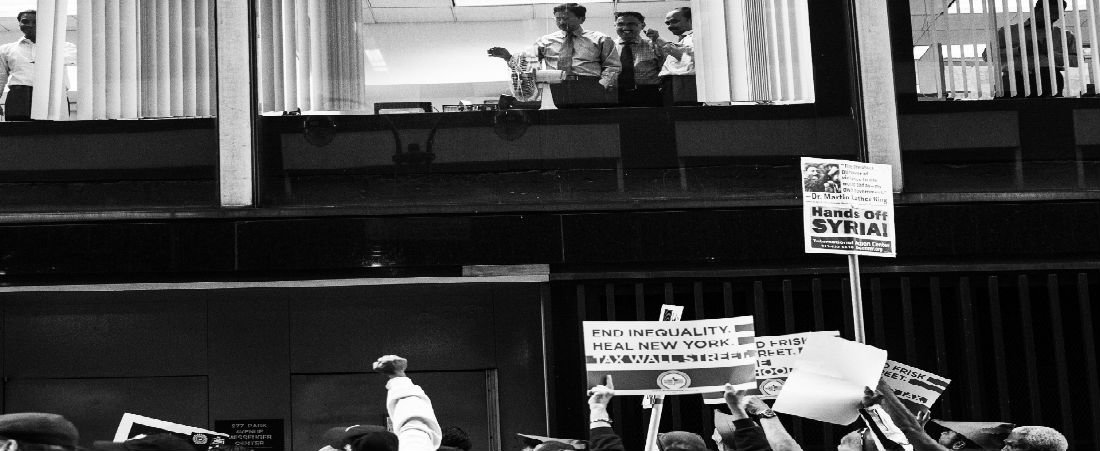Time was, corporate communication was relatively straightforward. The chief audiences for public companies were shareholders and equity analysts. There was a relatively formulaic way of getting out a message to them through the financial media.
This has fundamentally changed. Technology has transformed the media landscape on which businesses communicate. There is now an ability – and a need – to communicate through owned and social media channels as well as through traditional media.
More importantly, the audiences that care about business communications – and affect businesses fortunes – are much broader and significantly more hostile than was once the case. The financial crisis brought into sharp relief the negative externalities that businesses could create, and this has understandably led to a higher level of scrutiny of the activities of all businesses.
Combined with a technological revolution which allows criticisms of business to be rapidly amplified and disseminated, this has meant that businesses face unprecedented communication challenges.
The value of business to society – something that used to be taken for granted – is now under severe scrutiny. Many businesses feel that they are having to justify their licence to operate.
So reputation management matters more than ever. And this collection of essays and analysis seeks to identify the challenges and opportunities that come along with that, and point us to how businesses can do better.
Marc Sidwell of City AM communicates about business everyday. He gives us an overview of what he believes can be, and should still be, a mutually beneficial relationship between business and society.
Two people with their own experiences of dealing with strongly felt attitudes and a highly contested media environment are Alastair Campbell and James O’Shaughnessy. Each has given us his own take on the way attitudes to business seems to have shifted.
To give us an outside view, we have invited Stephen Howard from Business in the Community to talk about the value of leadership in business and the difference it can make to reputation.
Claire McCartney from the Chartered Institute of Personnel and Development then discusses the way businesses must first get the internal story right: if you cannot convince your own employees, the outside world will be too much of a stretch.
Beth Rigby from the Financial Times has seen media attitudes to business reporting change both to reflect public attitudes but also to shape them. She gives us her take on how that process has unfolded and what it means for business today.
We are also pleased to present the thoughts of Dorothee D’Herde of McKinsey, who has a personal take on whether the business motives for doing the right thing are the real reasons for business doing good.
To get a view of the general public’s mood, our partners ComRes have carried out extensive polling to understand the sort of factors that influence British attitudes. Their findings point to where the points of connection might be and the factors that make a difference.
Finally, to sketch out the map of where this takes us, Portland Partner Oliver Pauley gives his diagnosis, and outlines Portland’s rules for constructing a strategy.
I hope all of this gives you a flavour of the work we do with clients every day. If you would like to discuss any of the issues this document covers, please don’t hesitate to get in touch. Good business communication has never been more challenging, or more vital.






